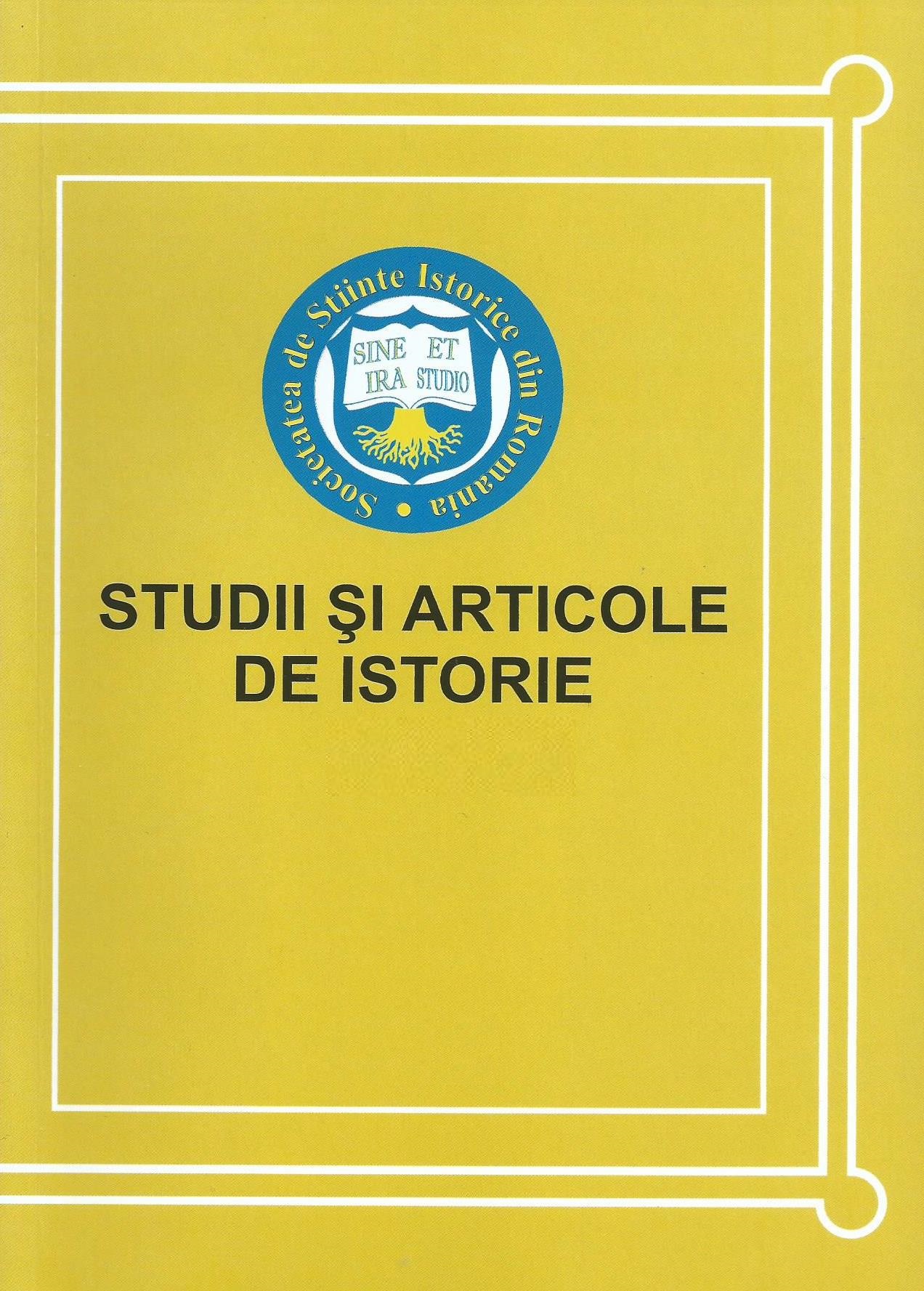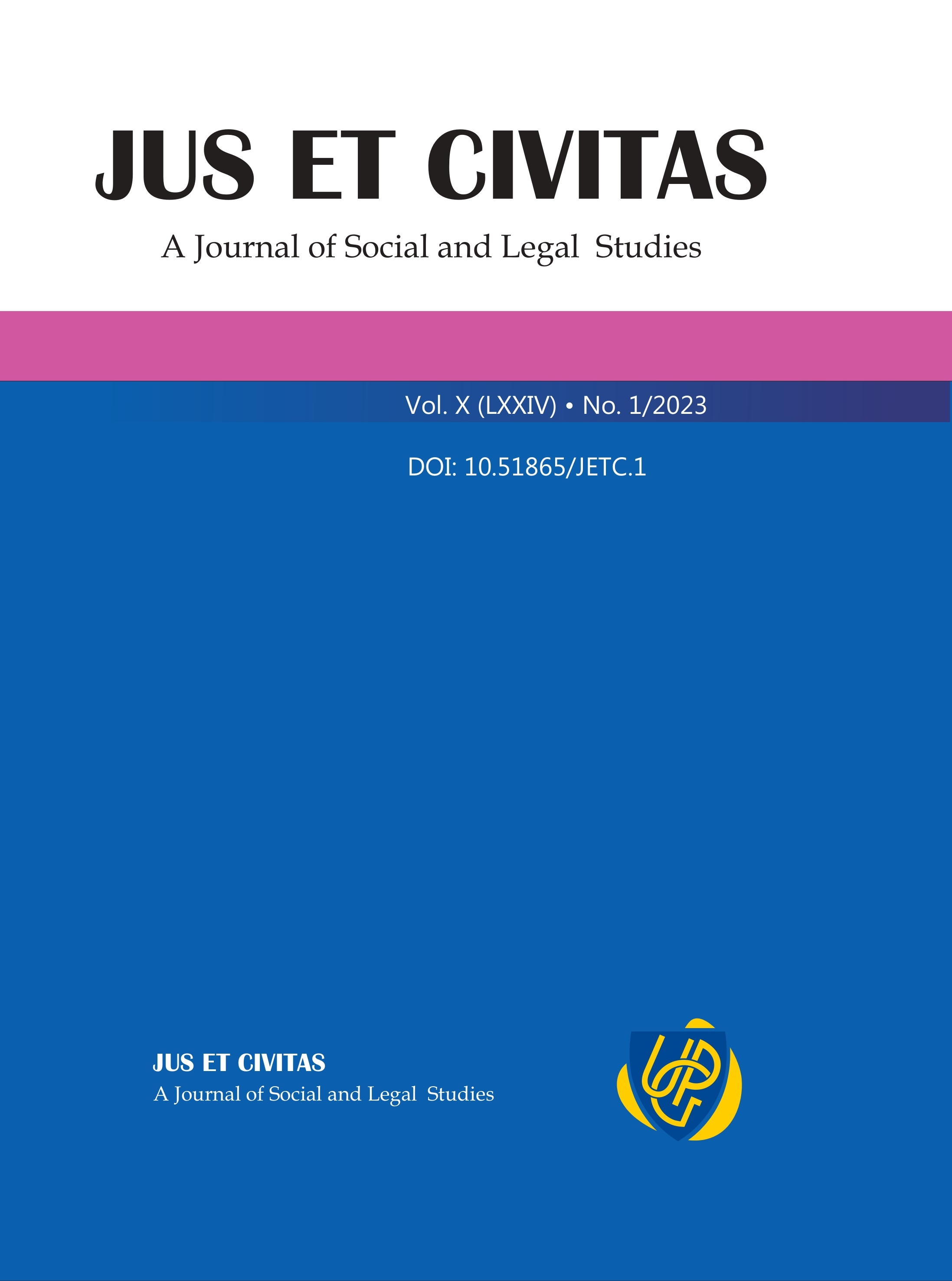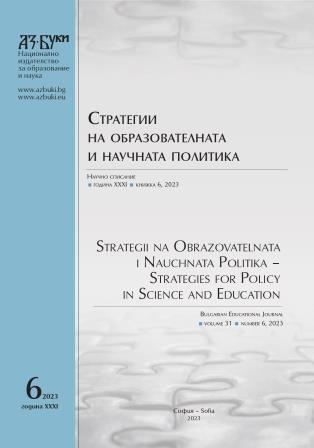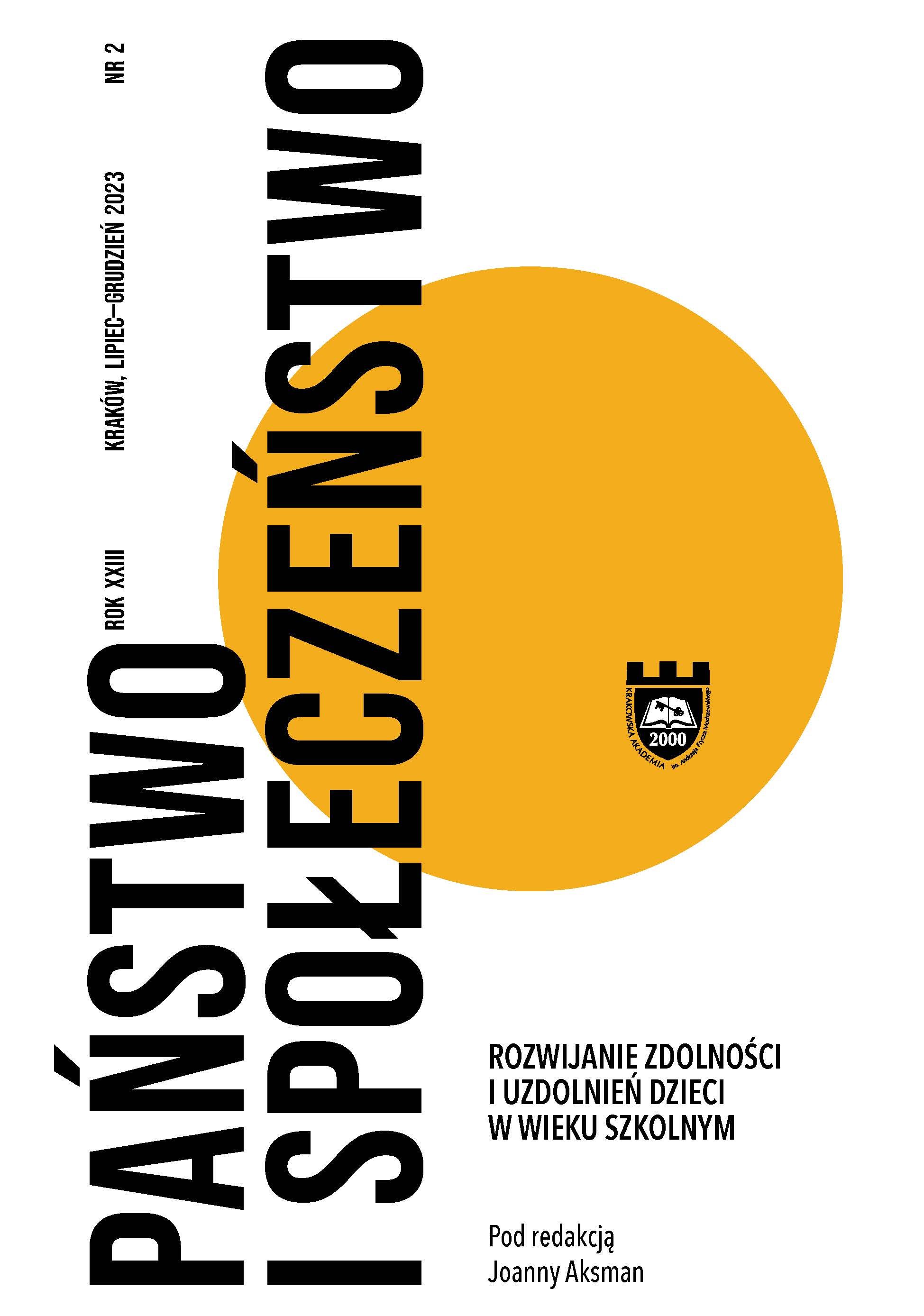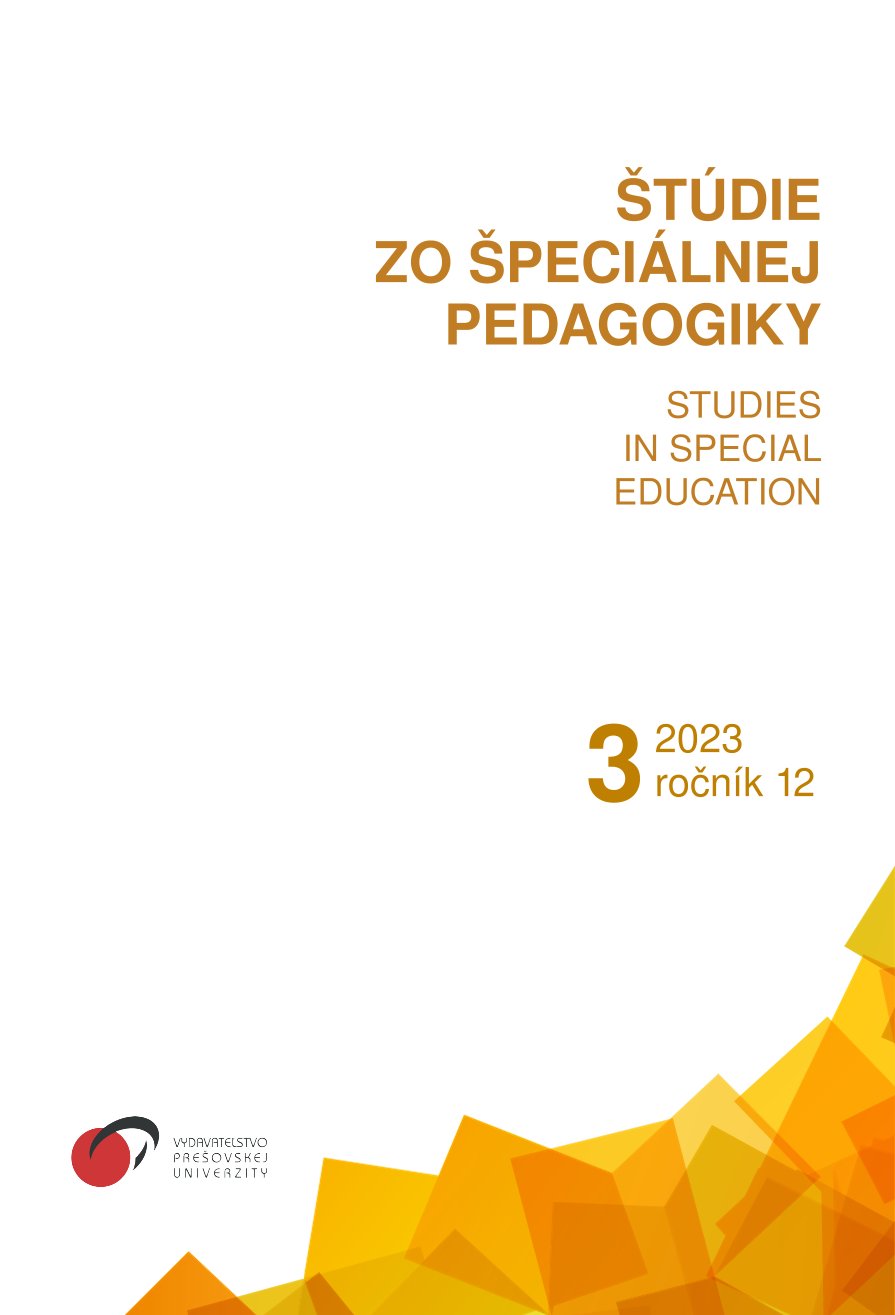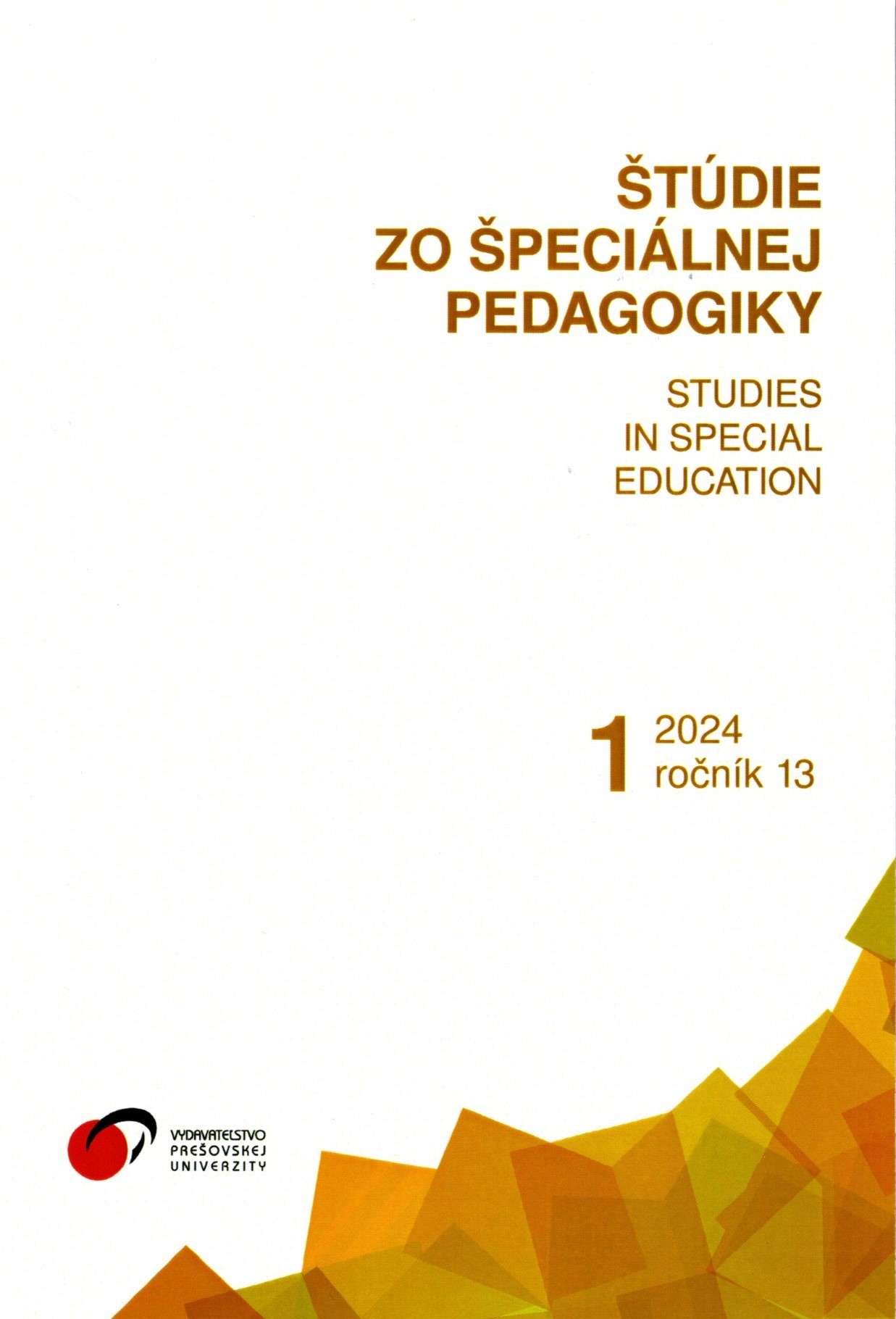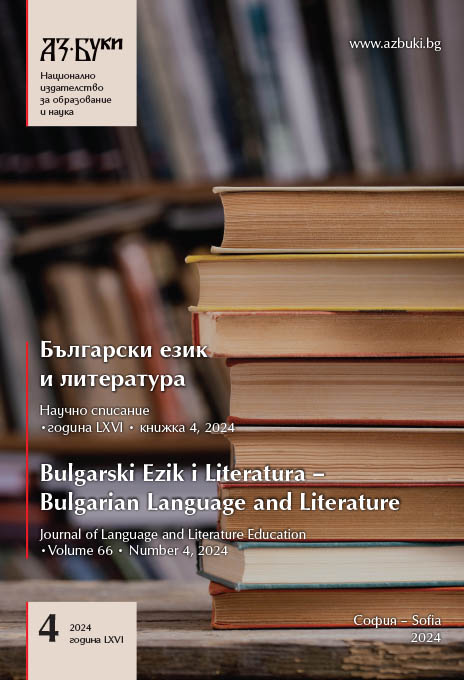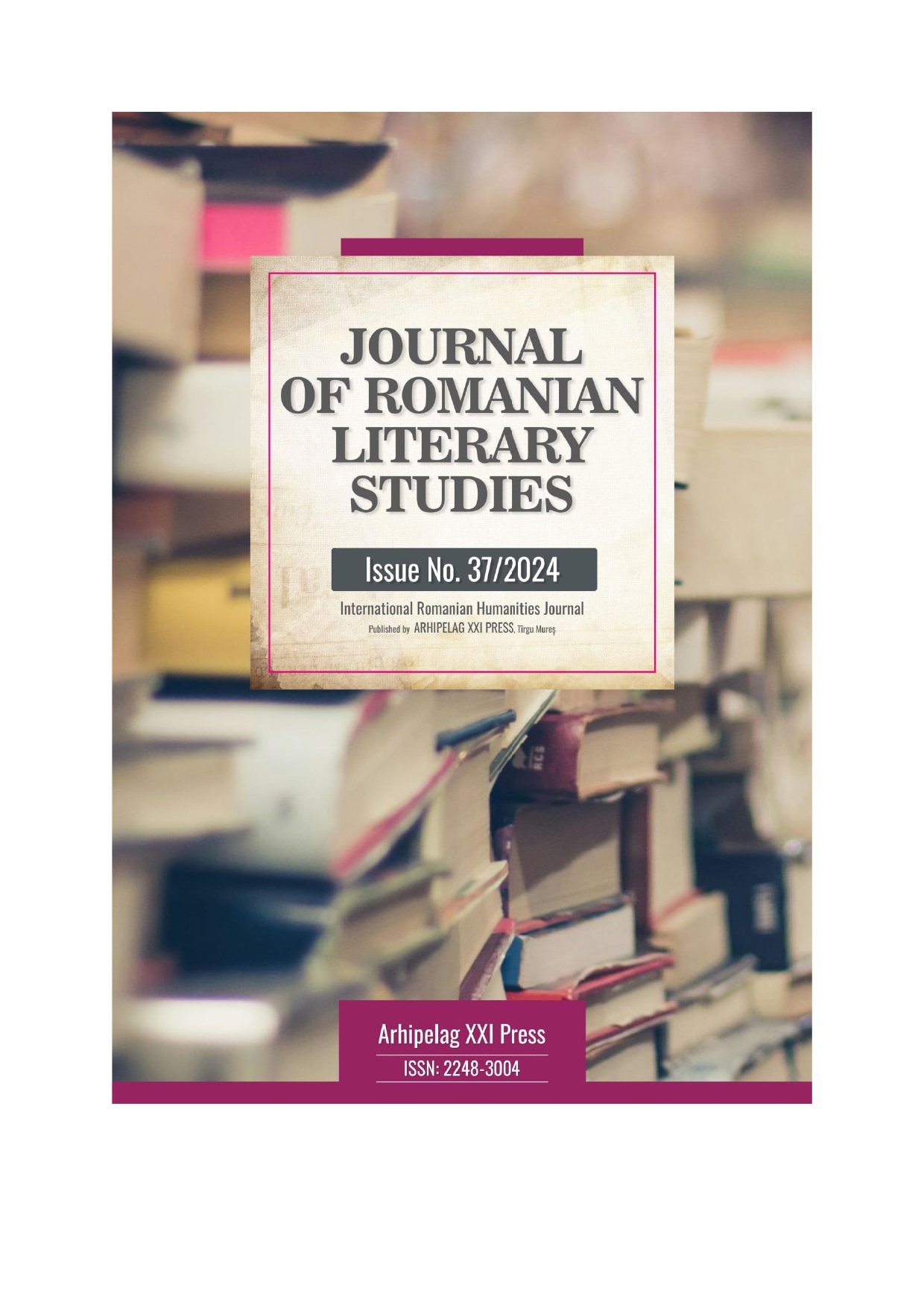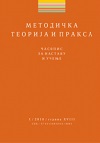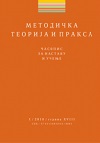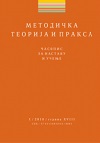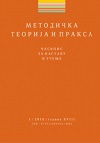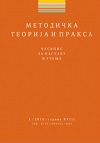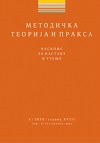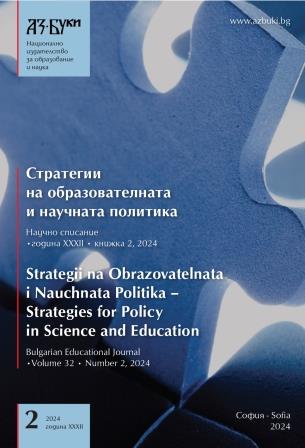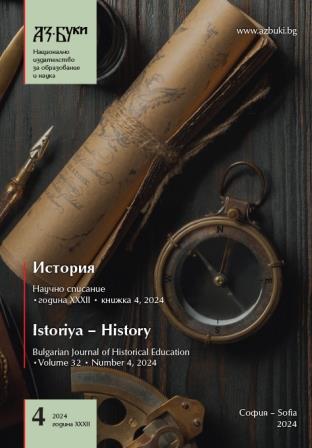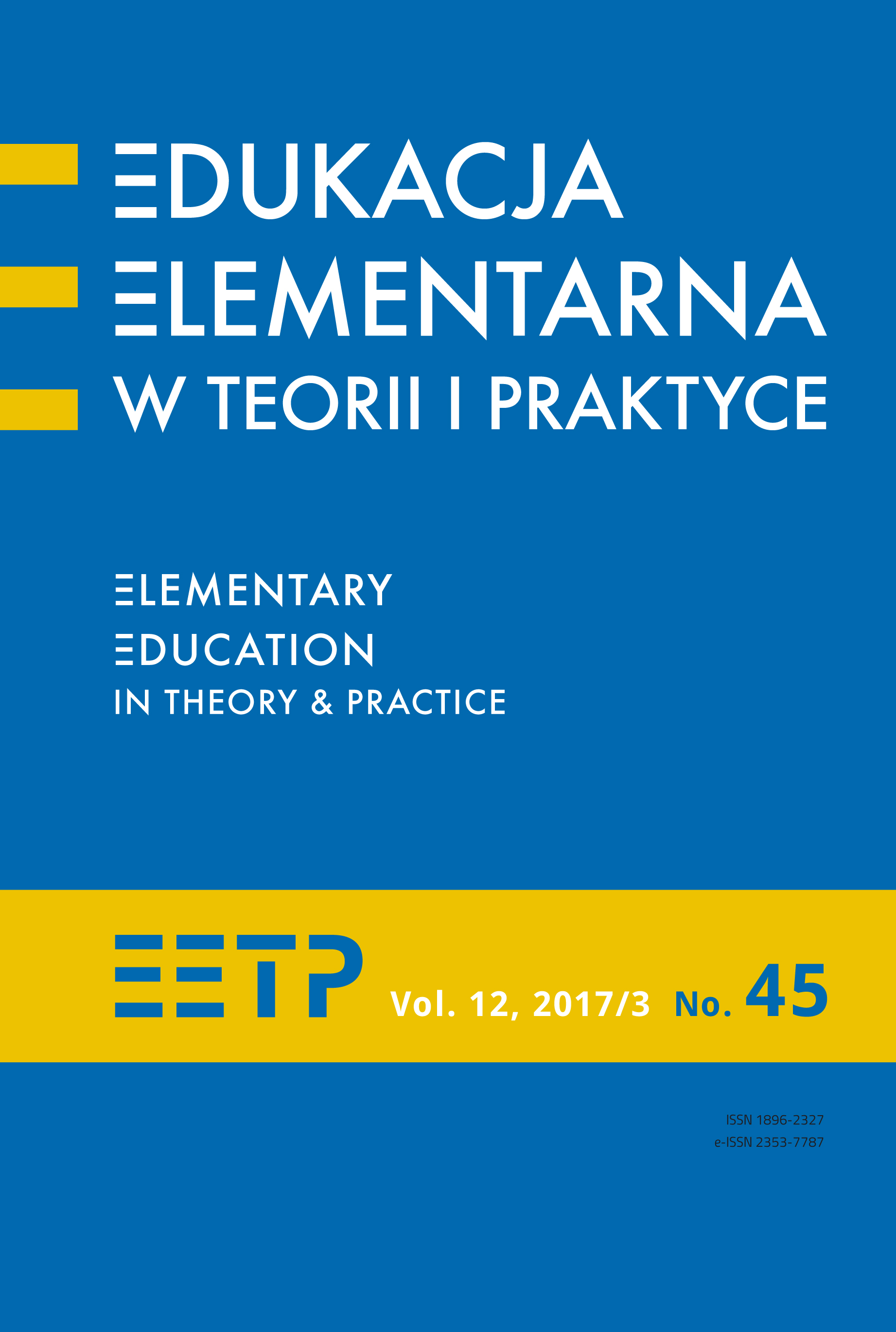
Children’s Literature and Education in Values: Self-Esteem as the Basis for a Resilient Attitude
In the context of diversity in the classroom, it is becoming increasingly important to teach values that can help our pupils and students to achieve their full personal development. In response to a reality in which pupils are confronted with controversial and even conflicting situations, values-based education is seen as an ever more pressing need. Having made this affirmation, it only remains to determine the most appropriate method to provide value education in a classroom context. Given that children’s literature represents a strategy that is increasingly being used due to its many benefits, the authors propose that education in values should be based on stories, more specifically stories that we may refer to as “psycho-emotional”, since they encourage thinking of a personal, introspective nature. The introduction into the school of stories that can form the basis for values education and, more specifically, help to build self-esteem, may be key to developing a resilient attitude in response to the personal problems that pupils might face. This may be particularly true at the infant and primary education stages.
More...
